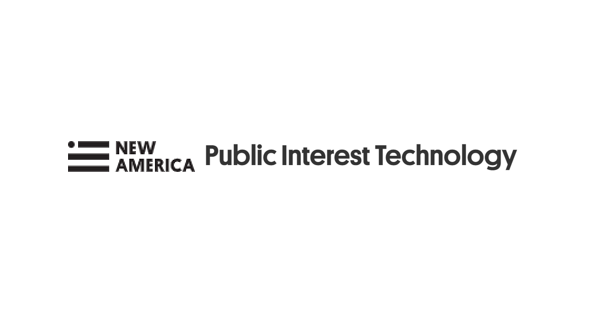
Welcome! Are you in a field of study or work where data on people and their experiences are used to inform decision-making that impacts the well-being of them or others?
If so, you have probably heard the adage “The data do not speak for themselves.” Assumptions about the data-generating process and context play a fundamental role in the way we analyze data and draw conclusions. But what data and whose assumptions? How do we incorporate the expertise of those represented in the data into the process of learning from data? How do we account for the historical processes that shaped the systems from which some social data is collected? How do we identify and address bias brought about by discrimination in society?
“Data alone are hardly a science, no matter how ‘big’ they get and how skillfully they are manipulated.”
Judea Pearl
Amidst the growing trend in the use of scoring algorithms to inform human decision-making for social welfare, how do We, as a society, harness technology for social good?
This site provides a framework, FAIR2, aimed at integrating experiential knowledge into data analytics for social impact. This framework is the result of a community–academic collaboration project whose goal is to strengthen the use of data technologies for the public interest (Public Interest Technology – PIT).
We invite you to explore FAIR2 and try it out!

FAIR2 draws from exciting new and not-so-new literature in the social and health sciences, data science, computer science, community-engaged research practices, metadata principles, and historical research. It complements the ethical standards of FAIRification (Findable, Accessible, Interoperable and Reusable) principles (Wilkinson et al., 2016) with a set of four additional principles (Frame, Articulate, Identify, Report) specific to working with social data for social impact.
“Statistics are important, but I think we should spend more time emphasizing the why, versus the who.”
Data Chat Participant
FAIR2 was primarily developed to guide students doing data science for social impact at Case Western Reserve University with a generous grant from New America Foundation.
FAIR2 can be more broadly applied to foster stronger communication between researchers, practitioners, and community members whose experiences are represented in the data.
Check this site to see what FAIR2 is about and how it may help you in your use of data for social good. Start your exploration on the Framework page below.

